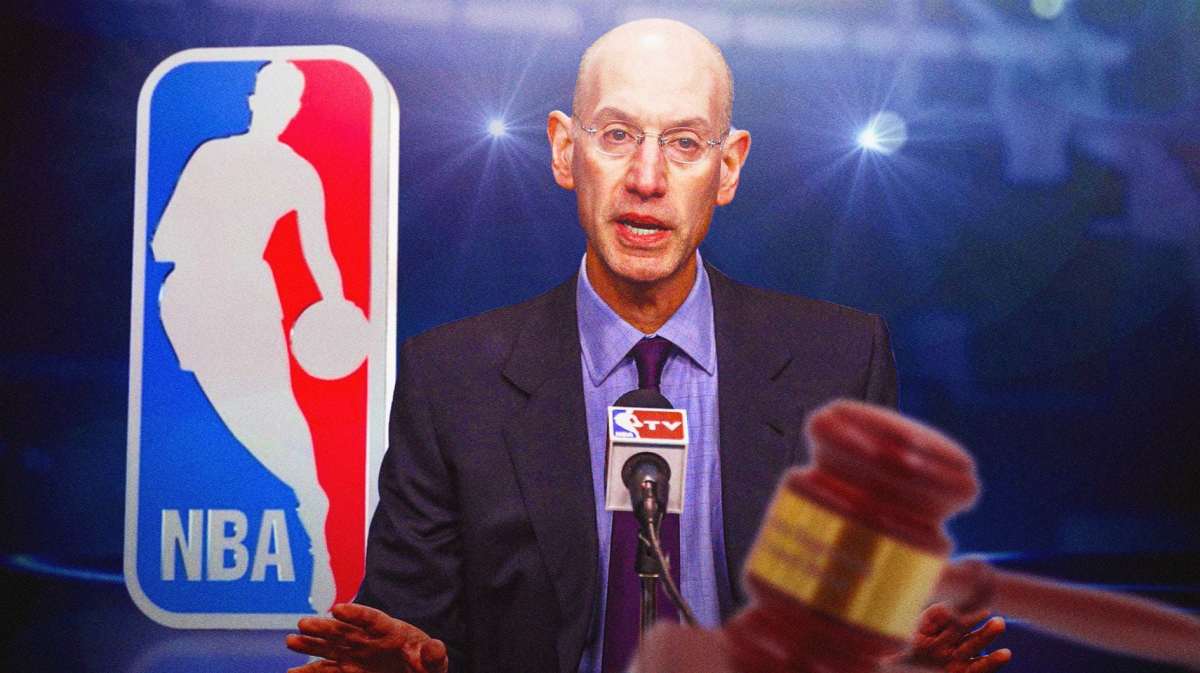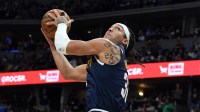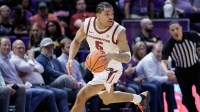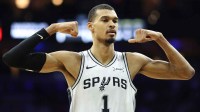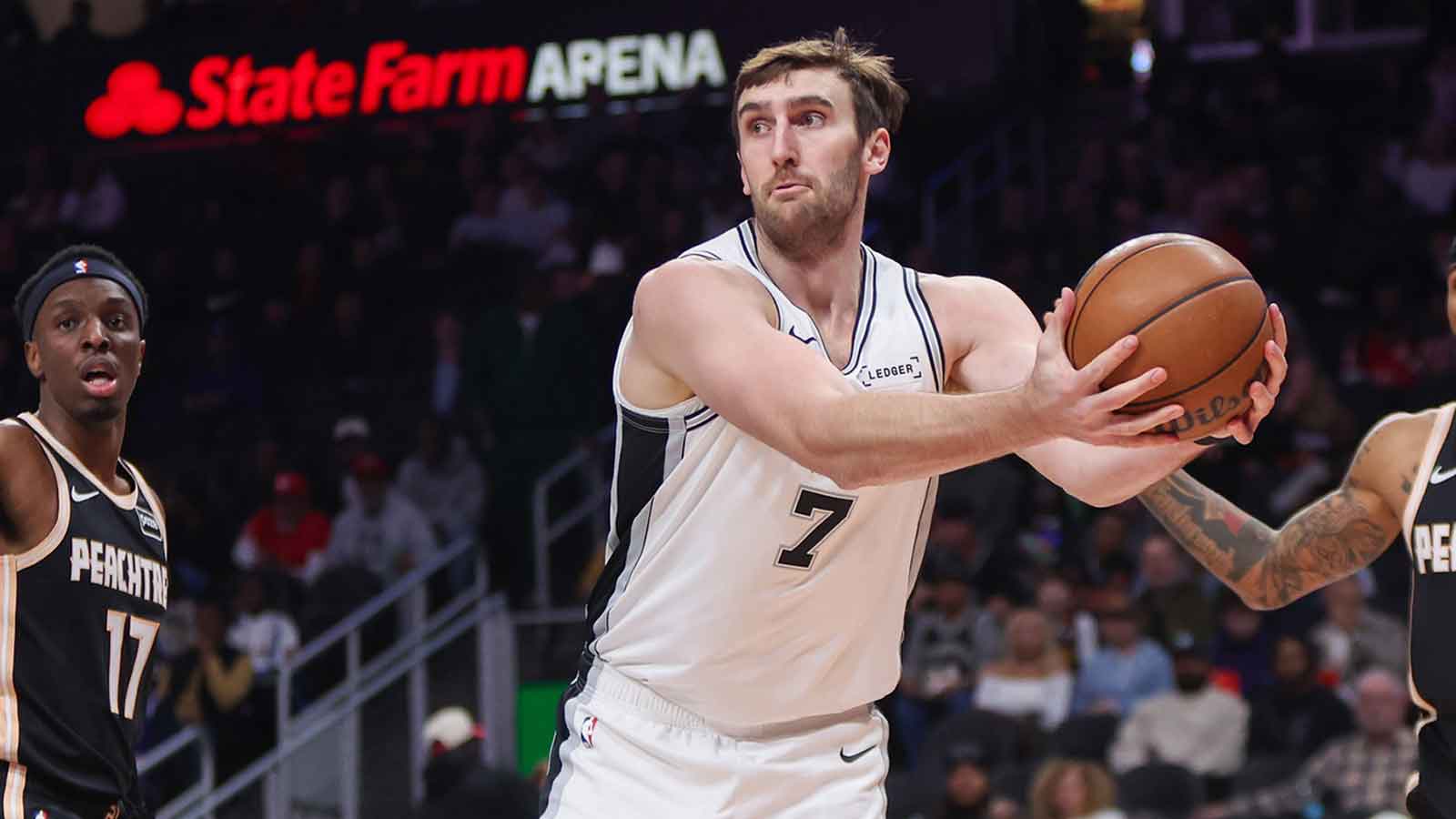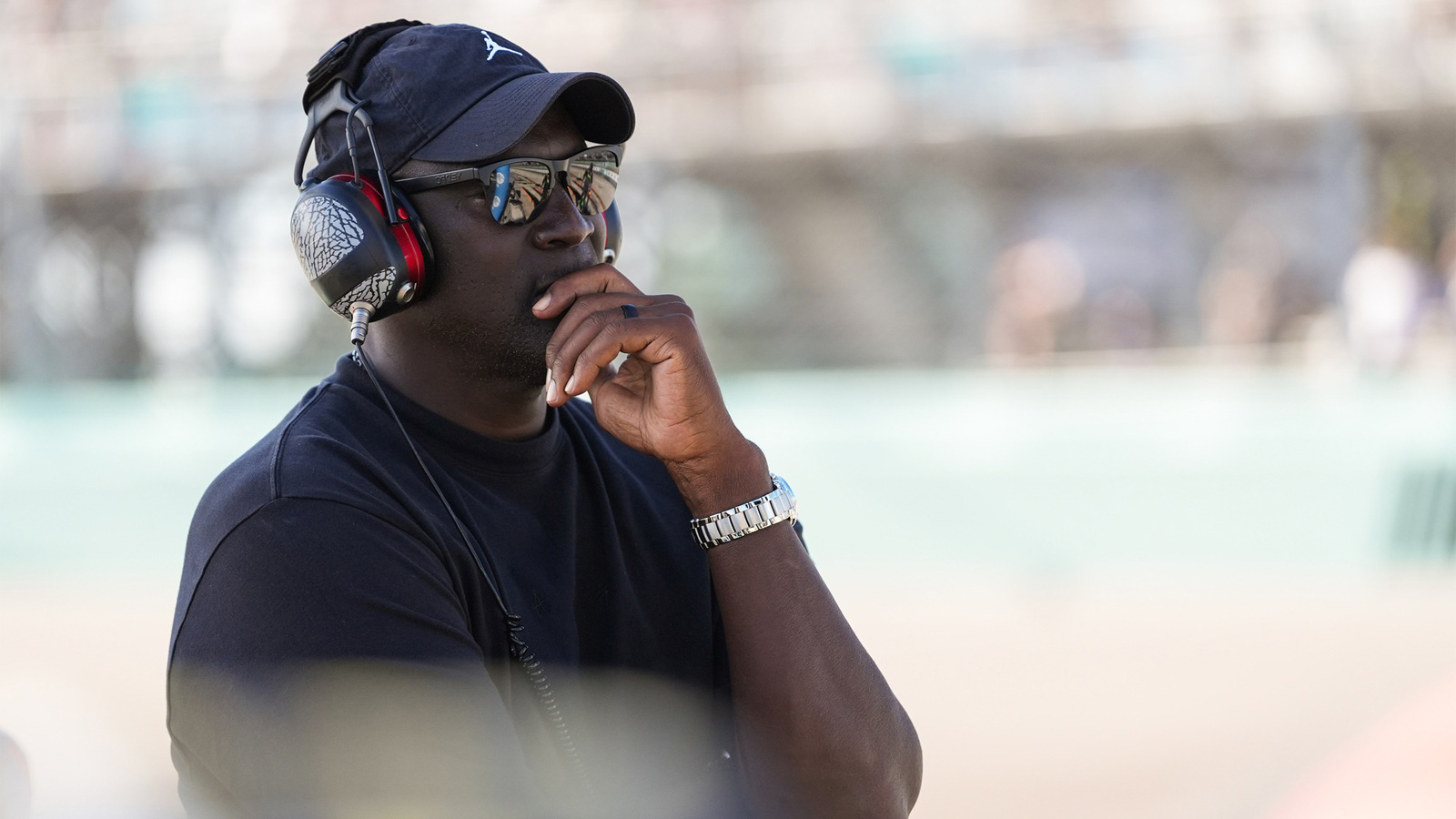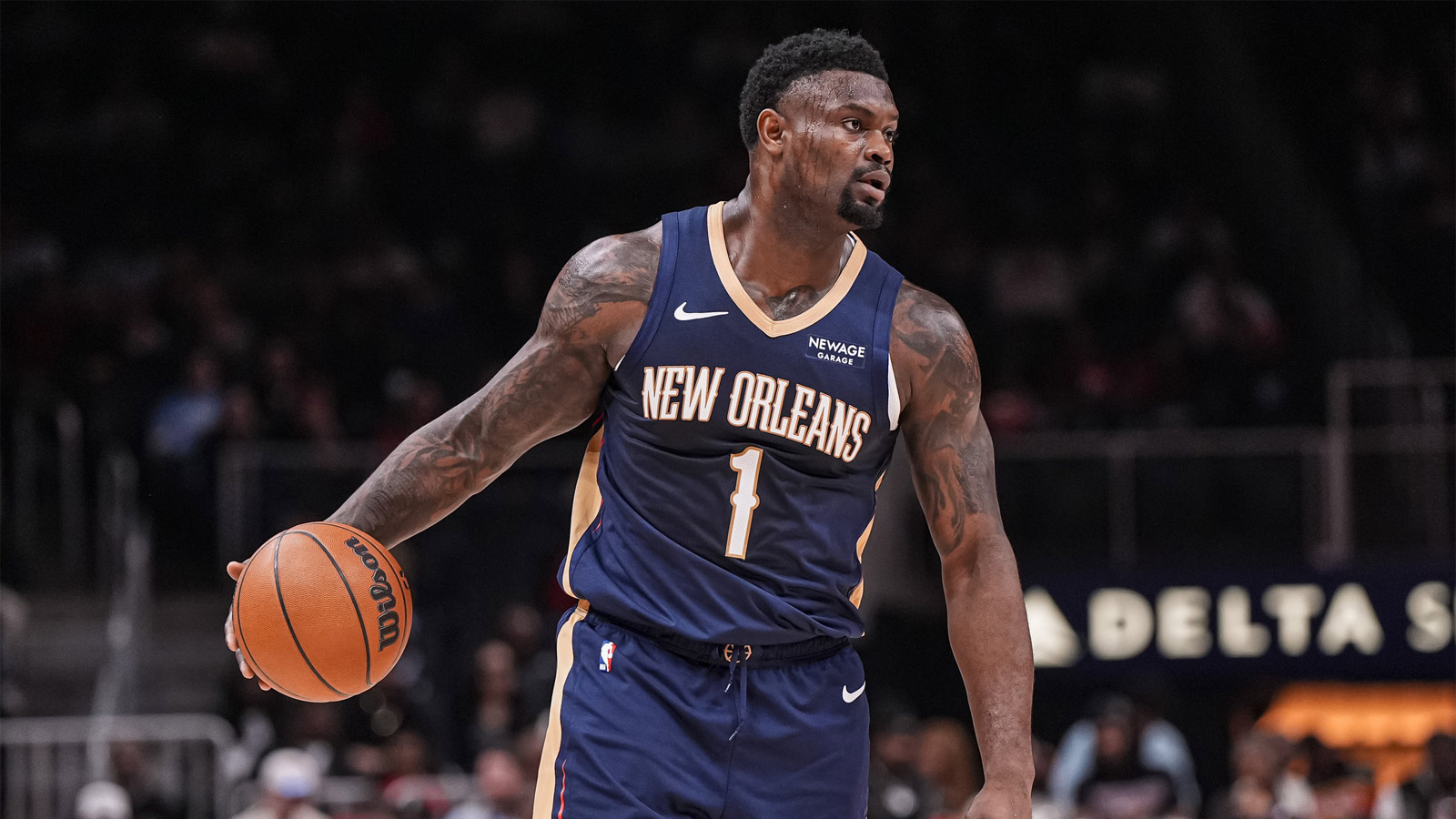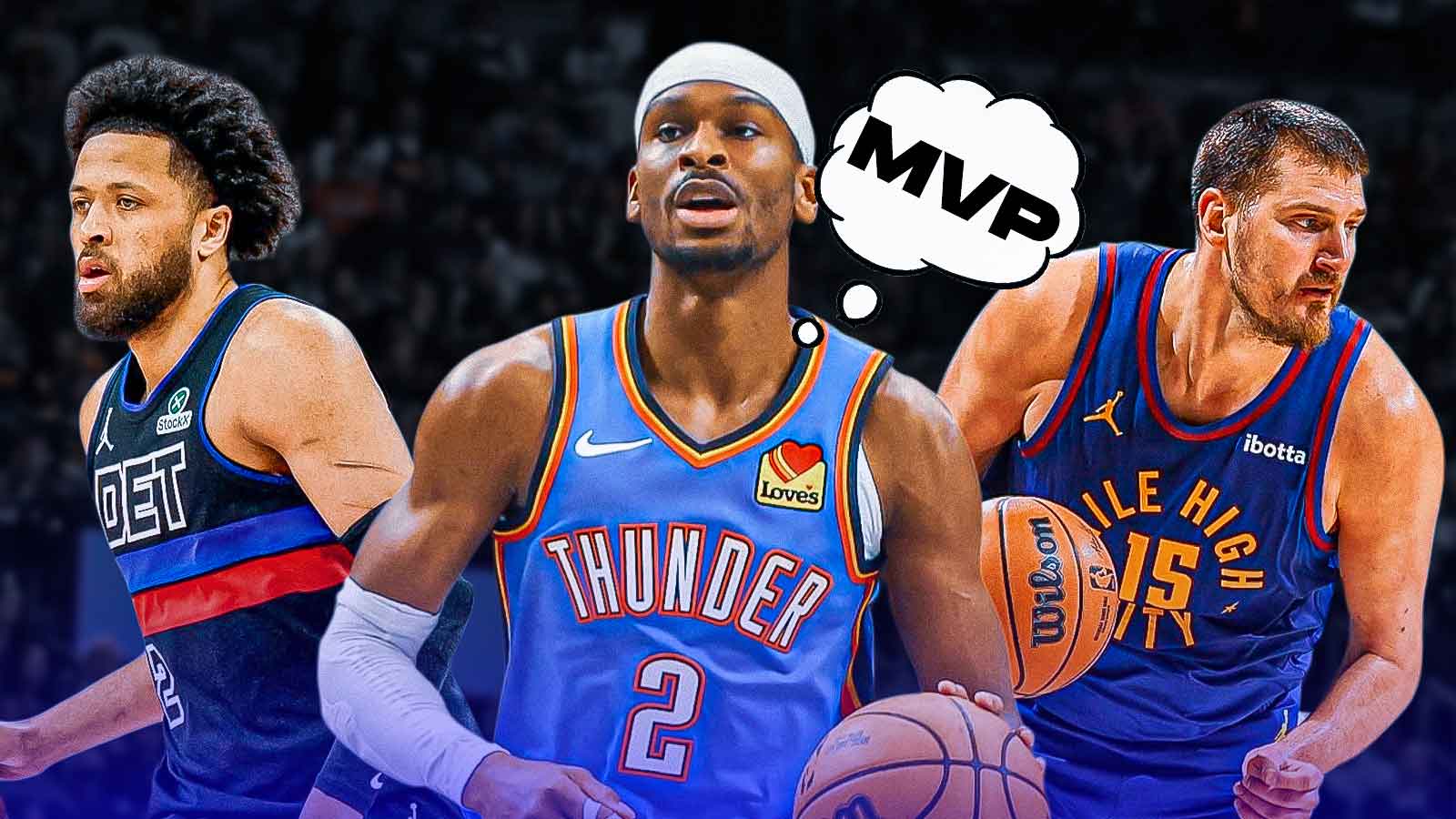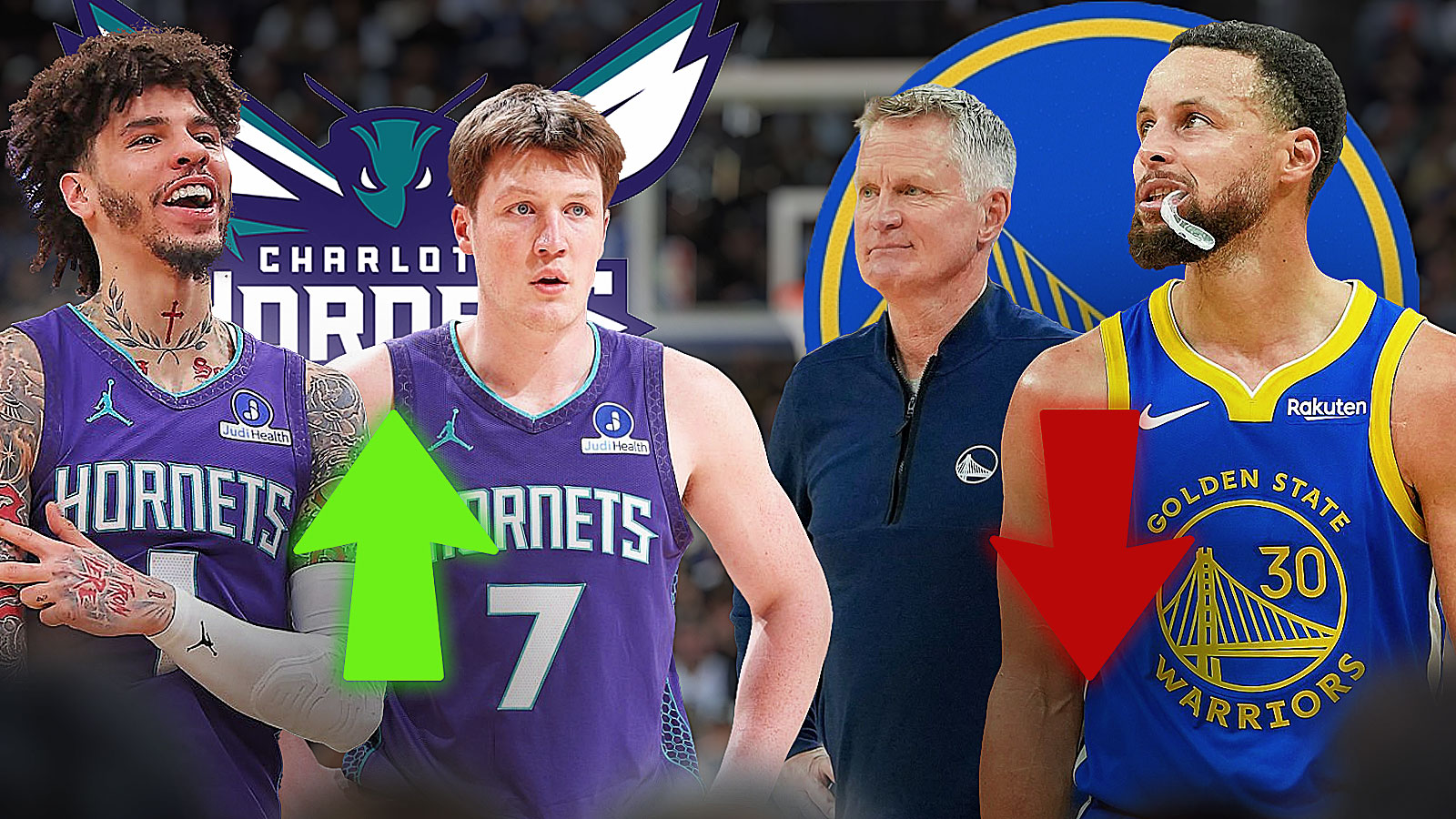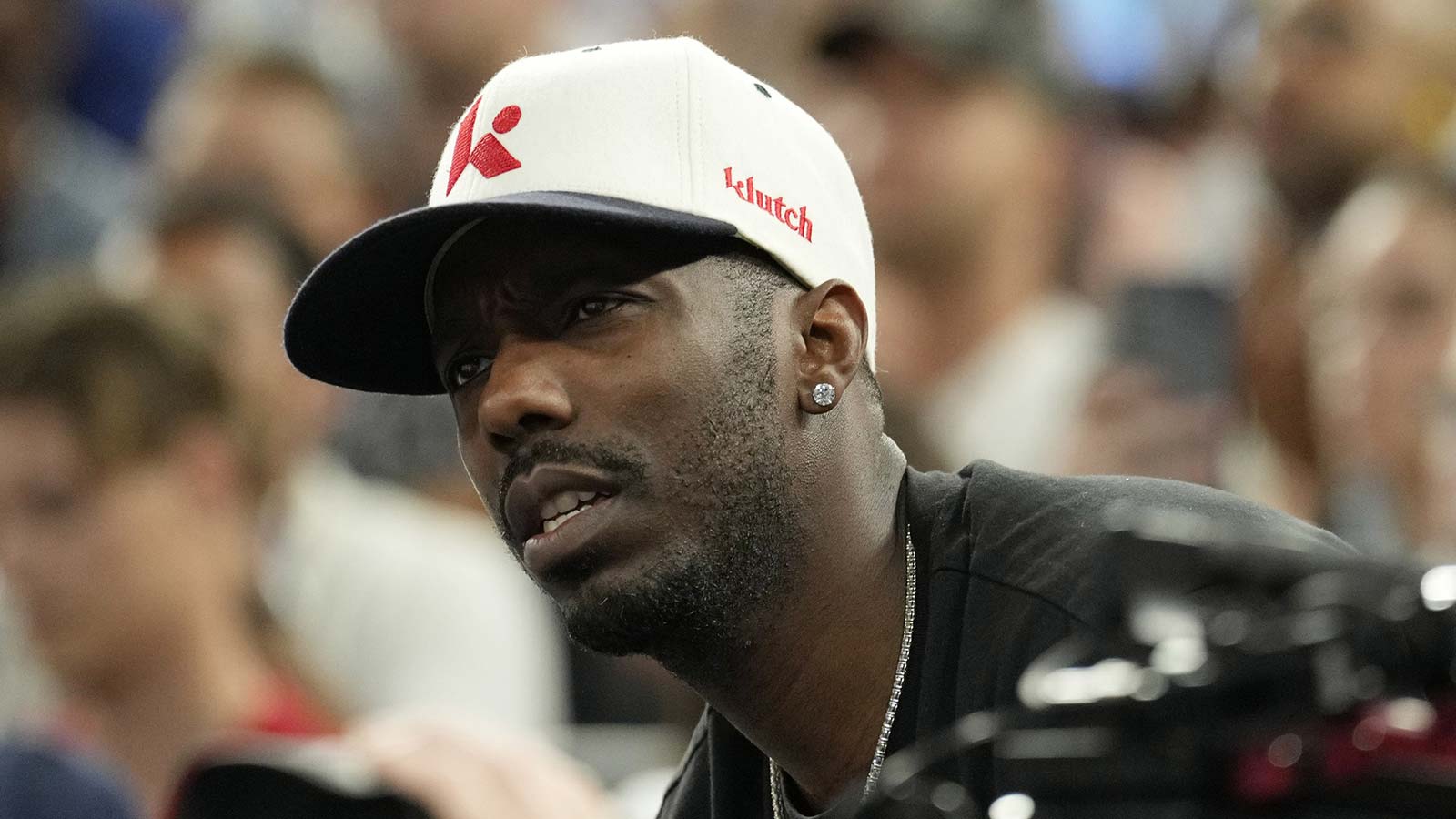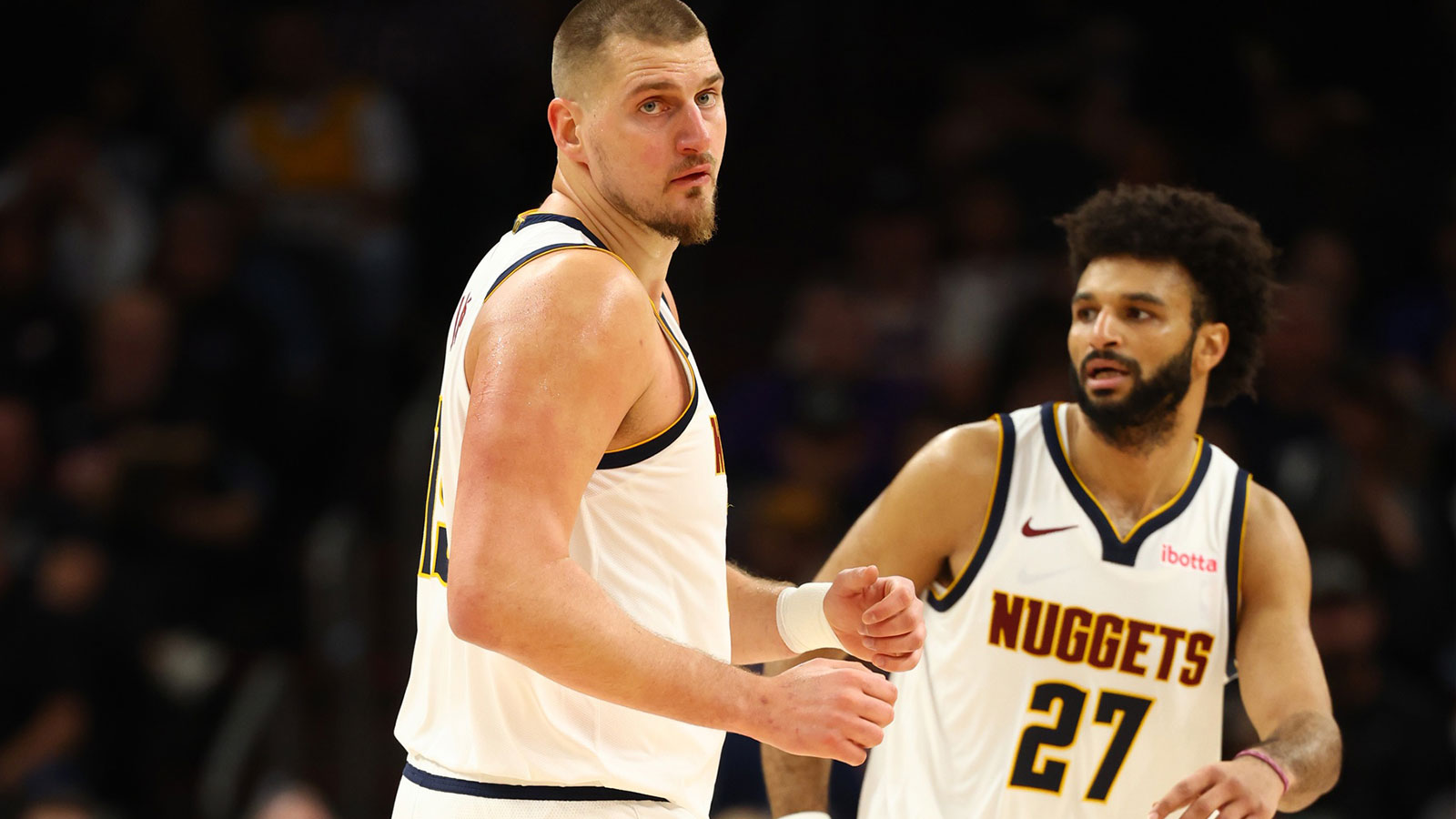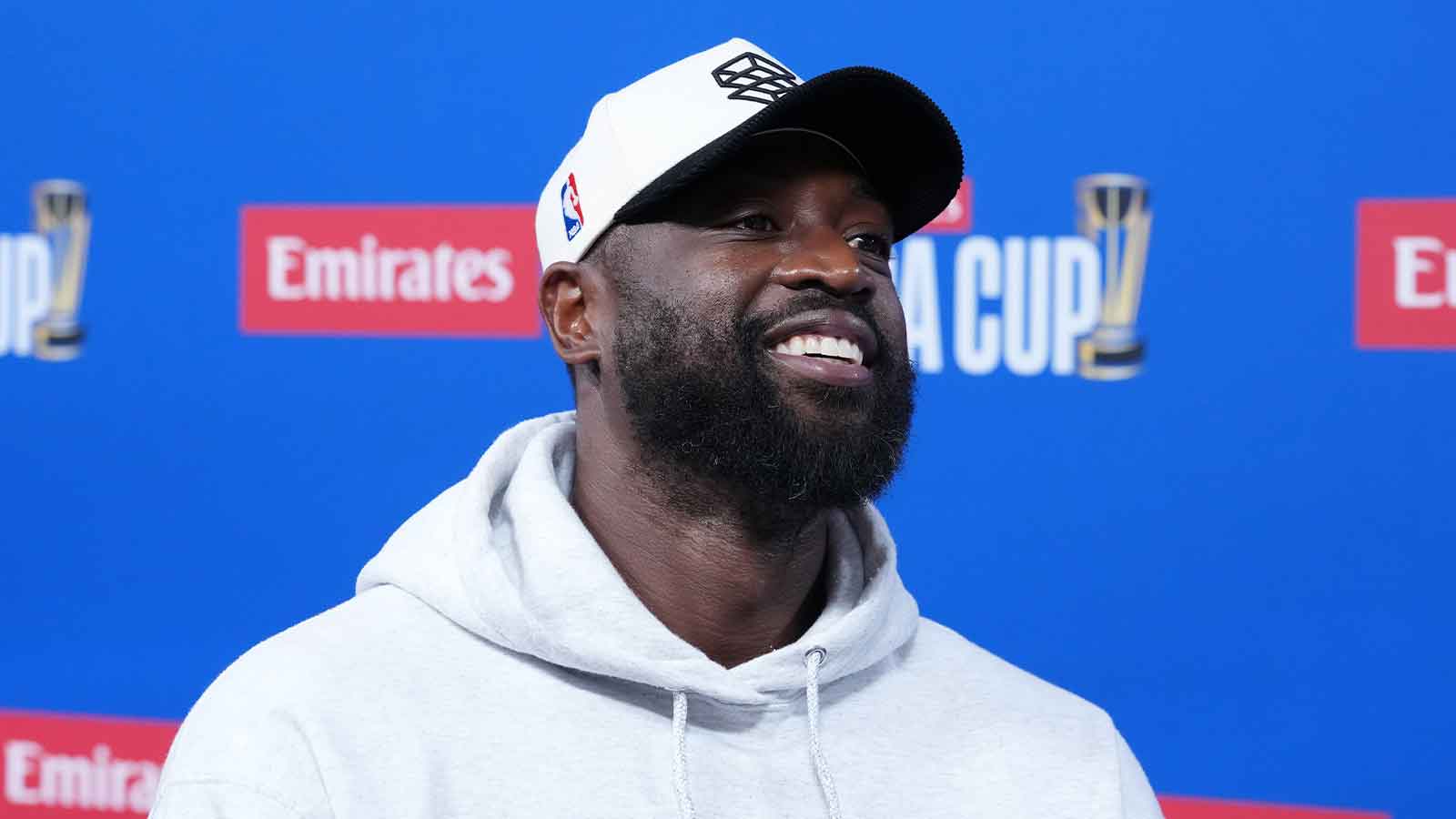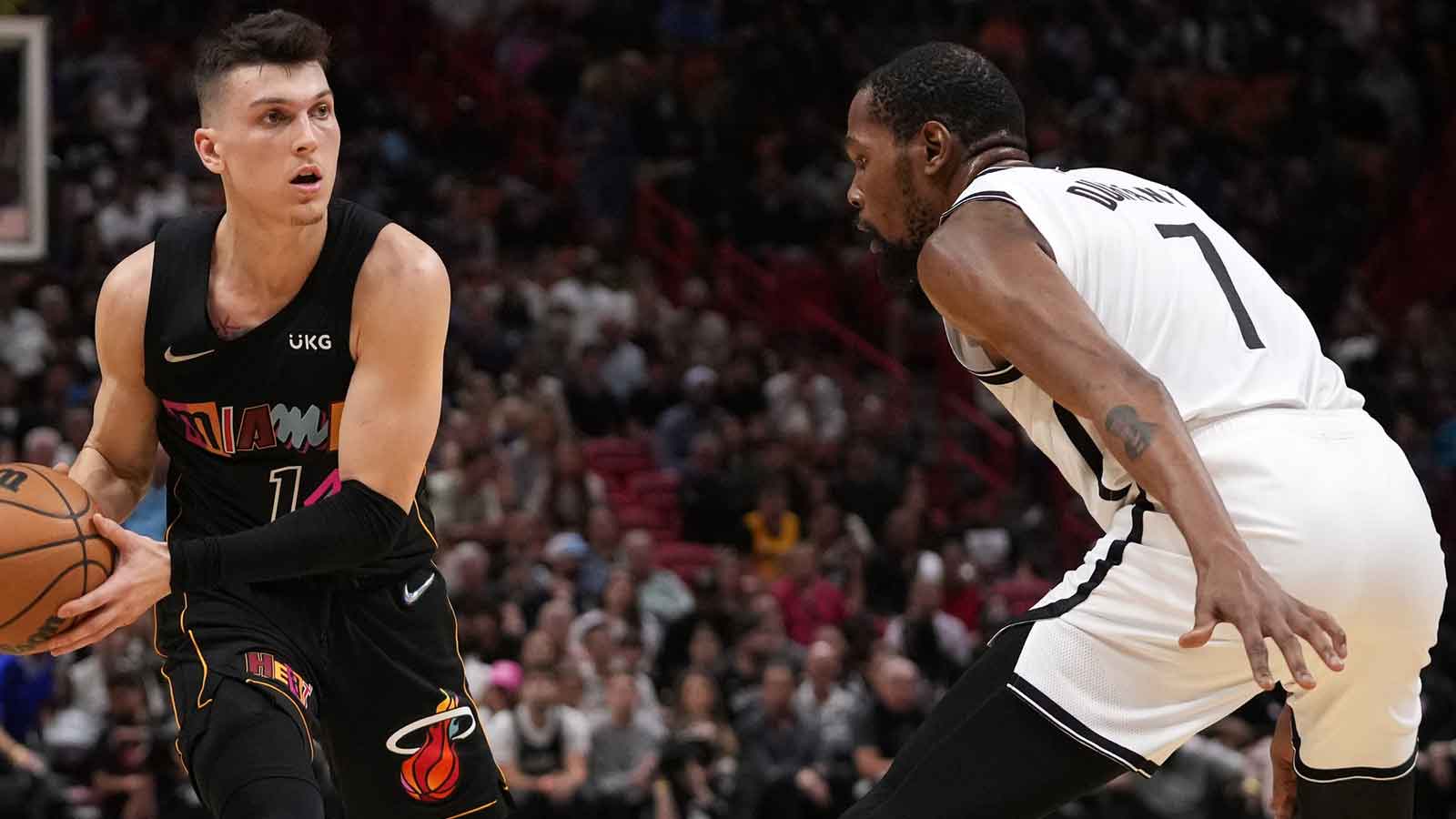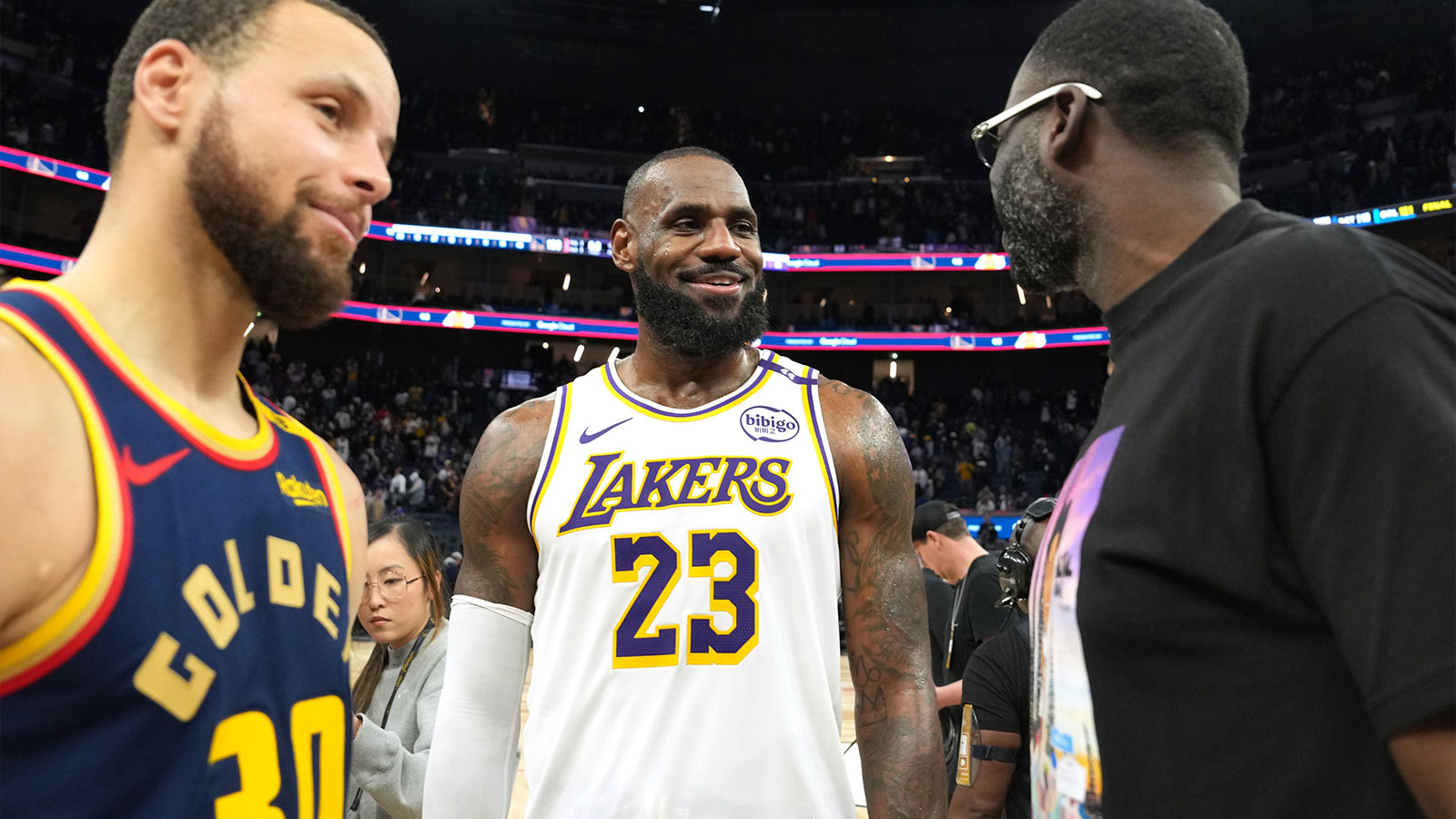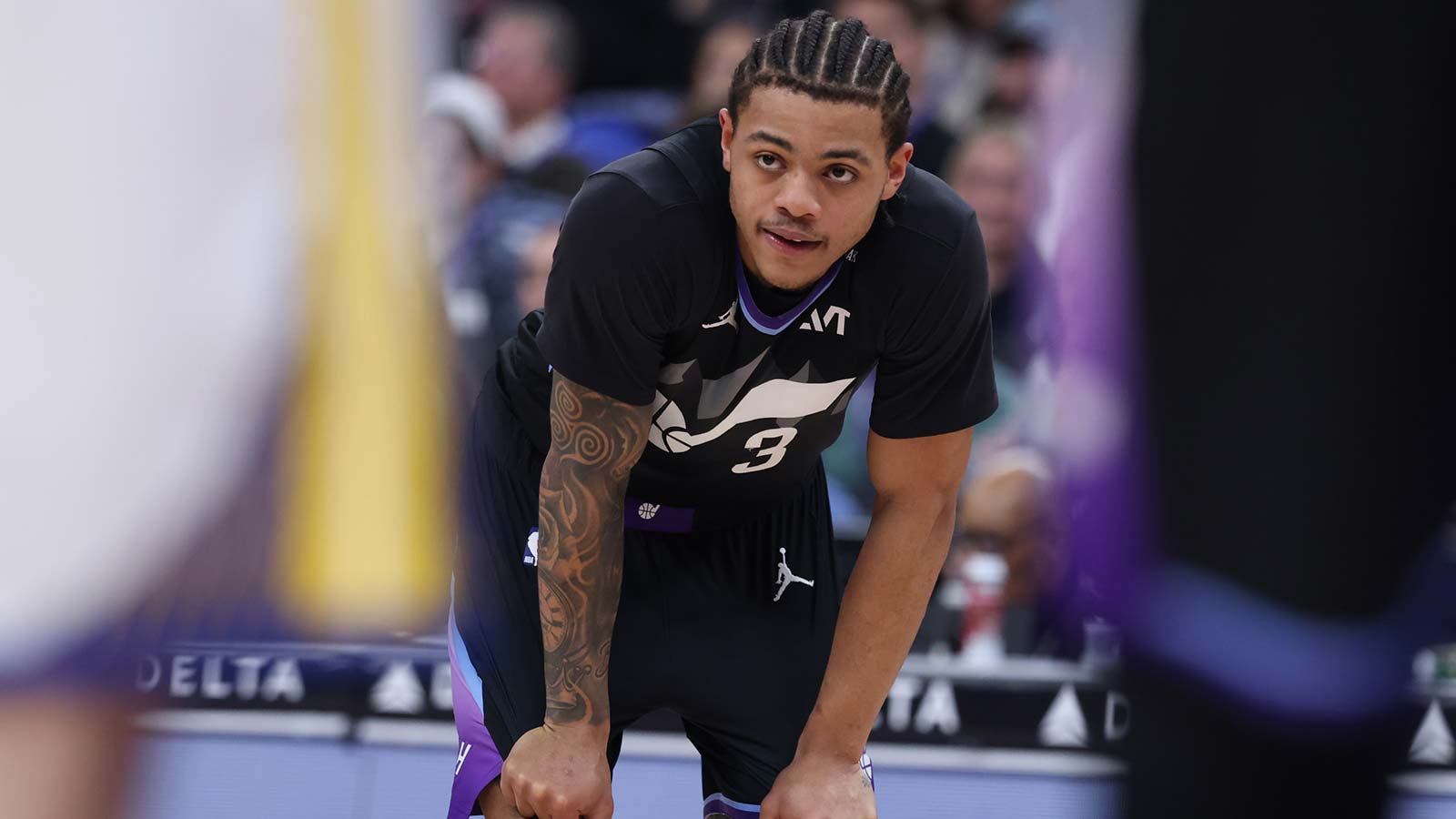The NBA and the NBA Players' Association agreed to a new Collective Bargaining Agreement this offseason. As a result, the NBA is going to look a lot different this year. There are a number of new rules that will affect the NBA in a number of different ways. In this article, we will explain exactly what is different in the NBA and how it will impact the 2023-24 season, which starts on October 24th with a tipoff between the Denver Nuggets and Los Angeles Lakers.
In-game rule changes
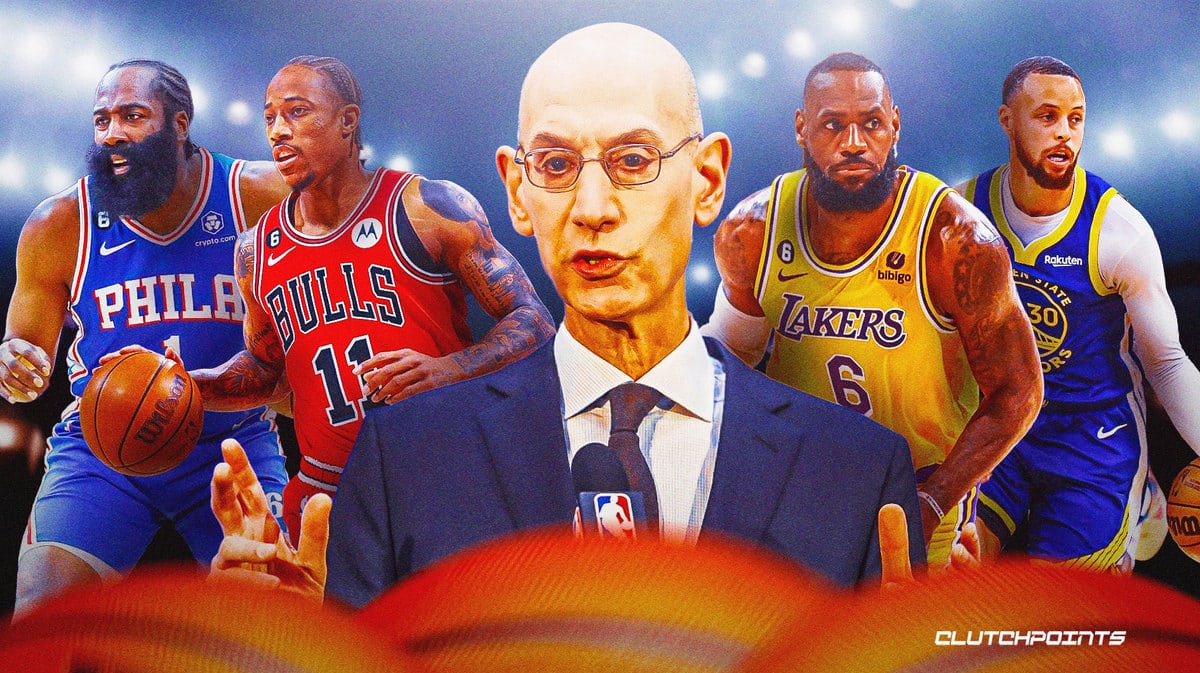
In-game flopping penalty
For years, flopping has been a major concern for NBA fans. The NBA is finally doing something about it by implementing a one-year trial rule to prevent flopping. Now, referees can call a flopping violation in the event that a player executes a physical act that is intended to cause the opposing player to foul. A flop call can be made during live play or during the next stoppage in play. The offending player will be charged with a non-unsportsmanlike technical foul, meaning they don't further risk ejection. However, the opposing team will be awarded a technical free throw.
Coaches' challenges
The coaches' challenge is still somewhat new in the NBA, but the rules are once again changing. Starting this season, if a coach is successful with their coaches' challenge, they will be awarded a second challenge. A second challenge will automatically trigger a timeout.
NBA awards rule changes
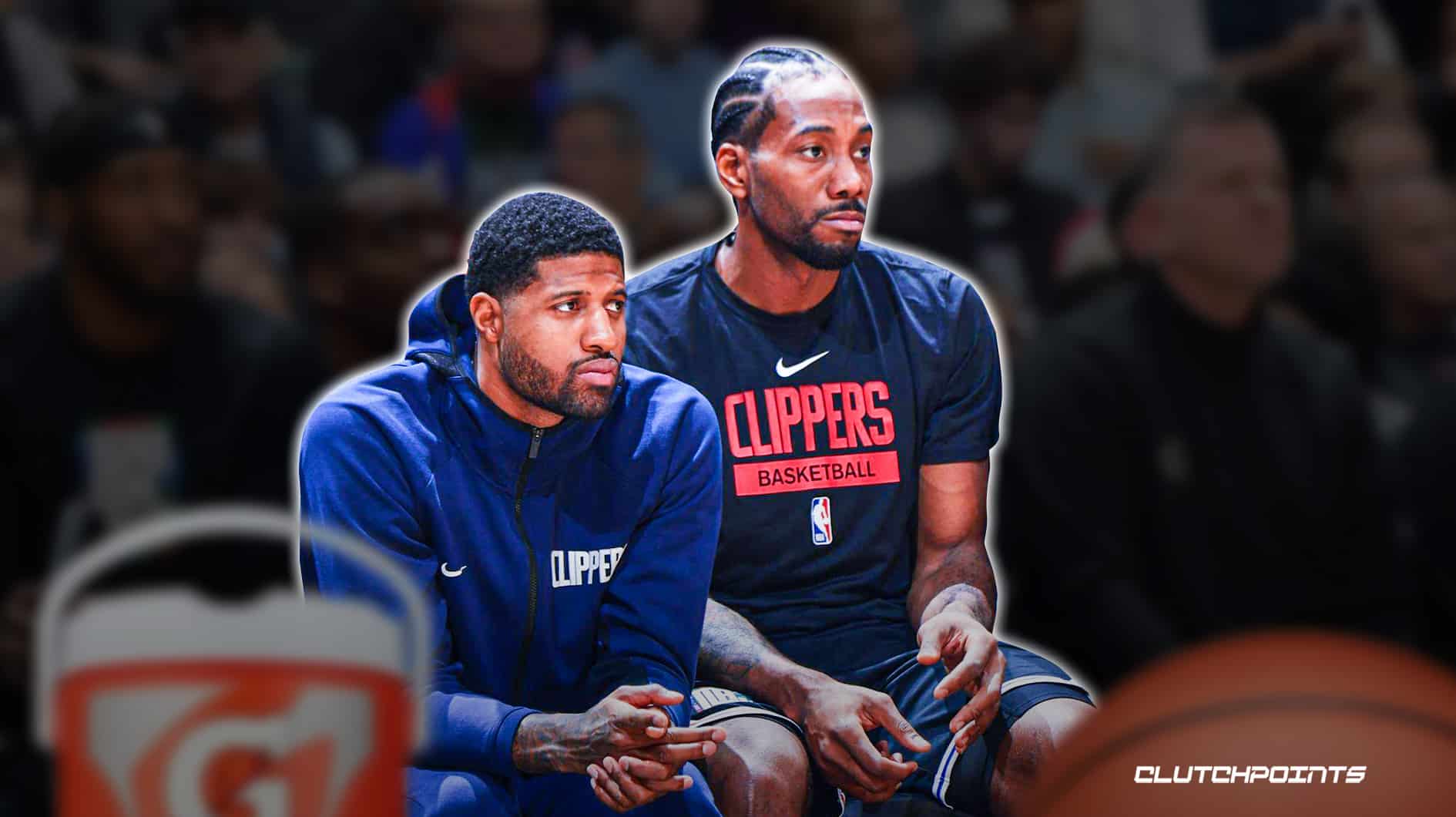
Resting players policy
New resting policy rules will make it harder for teams and players to use load management. Players must play at least 65 games to qualify for regular season awards like MVP, All-NBA and All-Defense. If a team has multiple star players, they can't rest together in the same game. These star players also can't sit out nationally televised games or In-Season Tournament games without repercussions. Teams can be fined for breaking these resting rules. A list of players that qualify as a “star” player can be found here.
All-NBA/All-Defense Teams
Both All-NBA and All-Defense teams are now positionless. The highest vote-getters will be selected to the teams regardless of position, whereas there were previously two guards, two forwards and a center on the All-NBA and All-Defense teams.
Season format rule changes
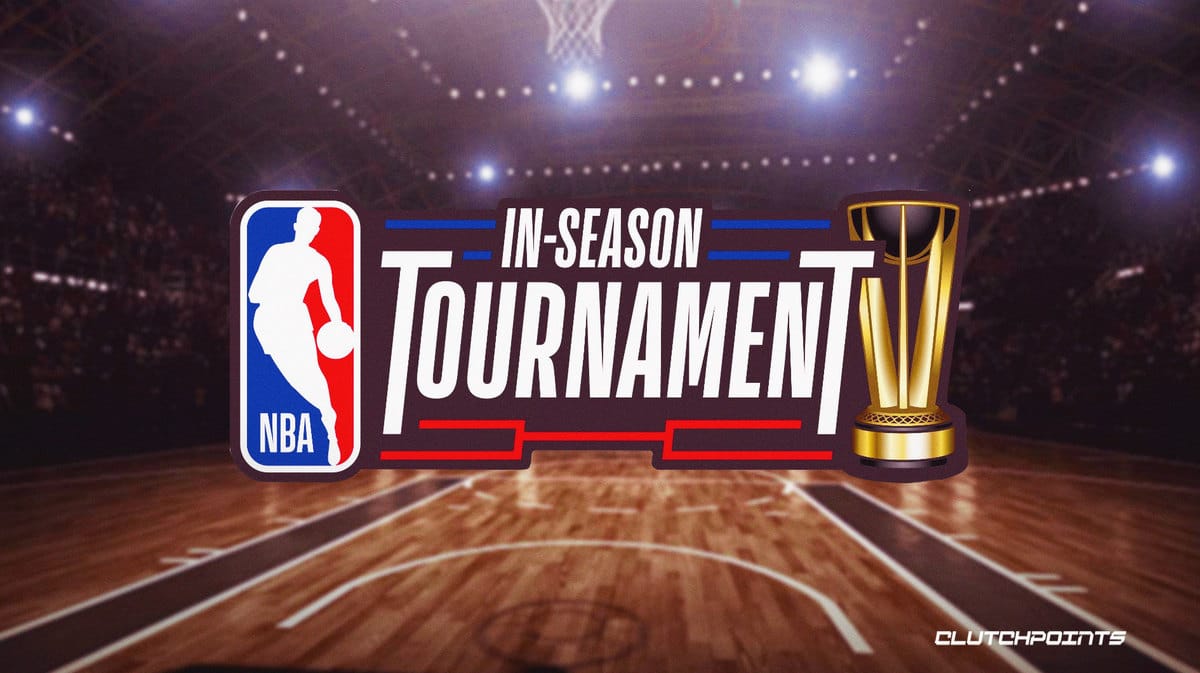
In-season tournament
Every team will be a part of the new In-Season Tournament. A handful of regular season games will serve as a tournament during the middle of the NBA regular season. Each team plays four group-stage games as a part of their normal 82-game schedule. The top-eight teams will advance to a knockout stage, with the winner taking home the NBA Cup. The players on the winning team will be awarded $500,000 each. Every team will play their normal 82-game season except for the two teams in the final, who will have to play an additional 83rd game for the chance to be the In-Season Tournament champions.
Financial rule changes
Second luxury tax apron
A second tax apron is being established at $17.5 million over the luxury tax threshold. Teams with salaries greater than that line will now be significantly limited in how they can add more talent to their roster. These teams cannot sign players to a mid-level exception, nor can they buy players out during the season. They also can't trade cash considerations or first-round picks that are seven years out. They also can't take back more salary in a trade than they are sending out.
‘Jaylen Brown' rule
Under the old CBA, teams were at risk to losing players to unrestricted free agency because extensions couldn't be signed at more than 20% of a player's previous salary. The 20% salary increase is getting bumped up to 40% now.
Cap spike limit
The salary cap cannot rise more than 10% from year to year.
Other rule changes
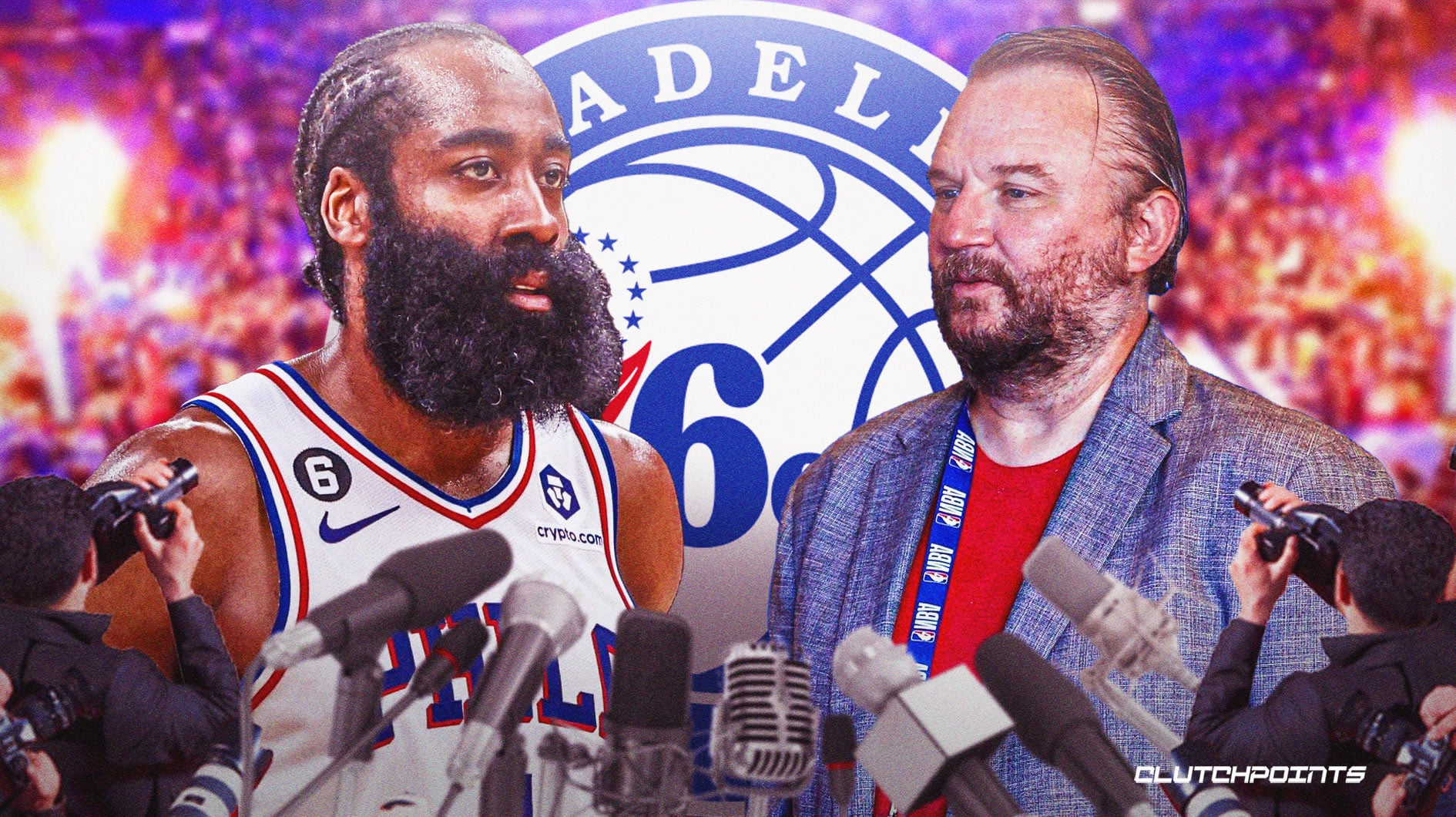
Public trade requests
NBA players who publicly request a trade can be fined up to $150,000. James Harden, a trade-requesting fiend, was already fined $100,000 for breaking this rule.
Two-way roster spots
Teams can now carry three players on two-way roster spots, up from two players in recent seasons. A two-way player splits time between the G-League and the active roster. They previously could be on the active roster for 45 games, but they can now be on the active roster for 50 games.

